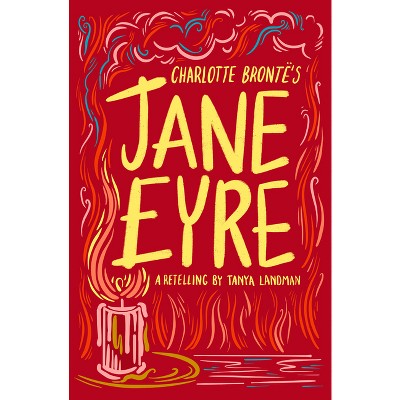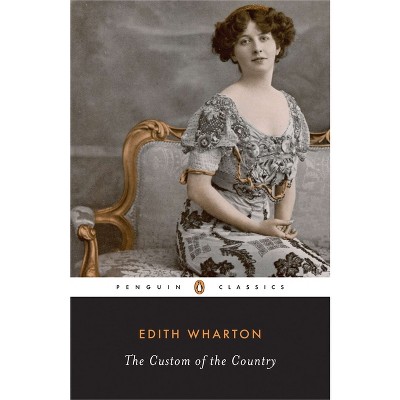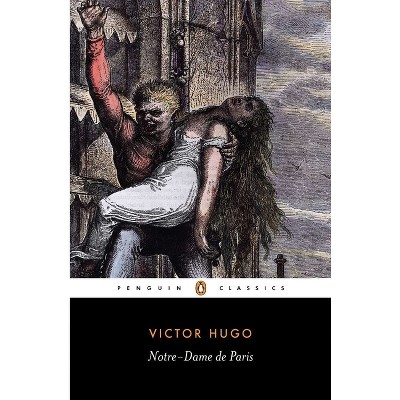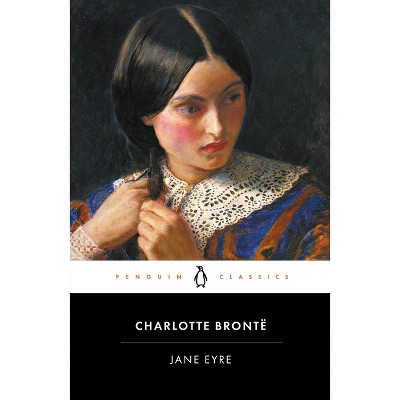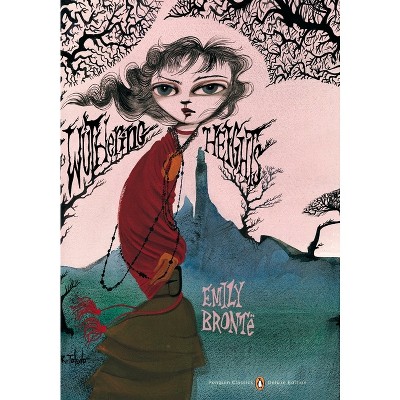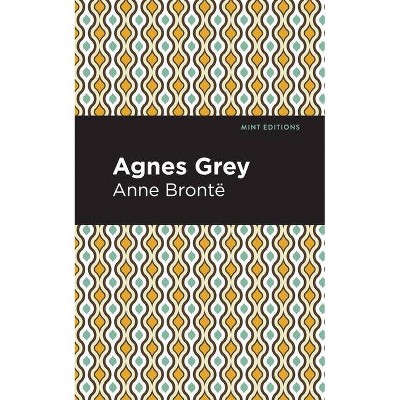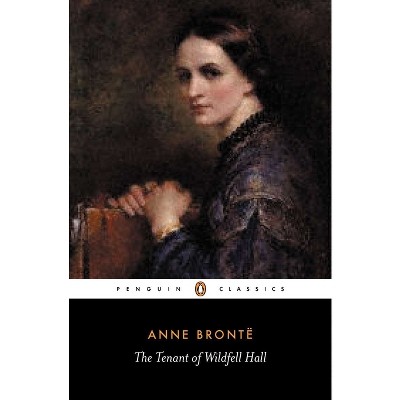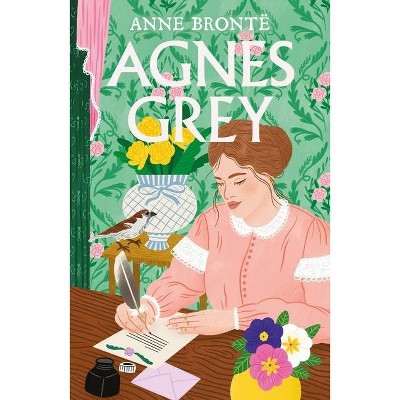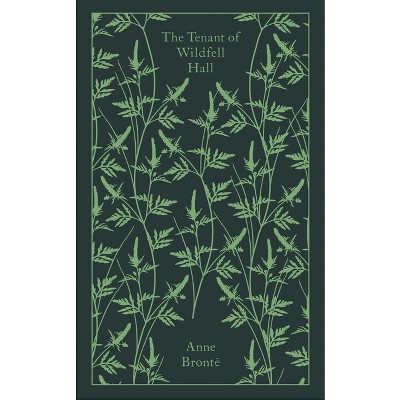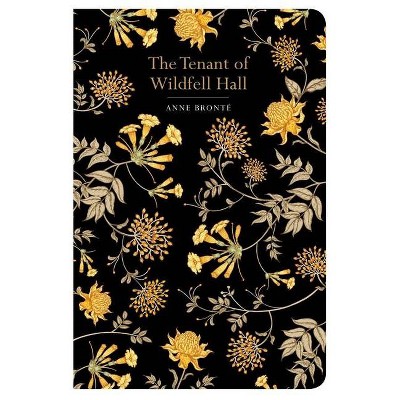Sponsored

Agnes Grey - (Penguin Classics) by Anne Bronte (Paperback)
In Stock
Sponsored
About this item
Highlights
- 'The name of governess, I soon found, was a mere mockery ... my pupils had no more notion of obedience than a wild, unbroken colt'When her family becomes impoverished after a disastrous financial speculation, Agnes Grey determines to find work as a governess in order to contribute to their meagre income and assert her independence.
- About the Author: Anne Brontë, who was born in 1820, was brought up in the Yorkshire village of Haworth where her father was curate.
- 272 Pages
- Fiction + Literature Genres, Classics
- Series Name: Penguin Classics
Description
About the Book
This ISBN also used on previous printings; this version (2004) includes a new chronology and further reading.Book Synopsis
'The name of governess, I soon found, was a mere mockery ... my pupils had no more notion of obedience than a wild, unbroken colt'When her family becomes impoverished after a disastrous financial speculation, Agnes Grey determines to find work as a governess in order to contribute to their meagre income and assert her independence. But Agnes's enthusiasm is swiftly extinguished as she struggles first with the unmanageable Bloomfield children and then with the painful disdain of the haughty Murray family; the only kindness she receives comes from Mr Weston, the sober young curate. Drawing on her own experience, Anne Brontë's first novel offers a compelling personal perspective on the desperate position of unmarried, educated women for whom becoming a governess was the only respectable career open in Victorian society.
This edition also includes Charlotte Brontë's memoir of her sisters, theBiographical Notice of Ellis and Acton Bell. Angeline Goreau examines Anne Brontë's complex relationship with her sisters and her unhappy career as a governess as influences in writing Agnes Grey.
From the Back Cover
Agnes Grey is undoubtedtedly a deeply personal novel, in which Anne Bronte views on the 'contemporary' issue of the treatment of governesses, as well as her passionate religious sympathies, find very deliberate expression; but she also touches on issues of moral behaviour, moral responsibility, and individual integrity and its survival.Review Quotes
"The one story in English literature in which style, characters and subject are in perfect keeping." --George Moore
About the Author
Anne Brontë, who was born in 1820, was brought up in the Yorkshire village of Haworth where her father was curate. She was educated at home and, as a child, she invented with her sister Emily the imaginary world of Gondal, for which she wrote copious chronicles and poems. She held two positions as governess, with the Inghams at Blake Hall and, from 1840-45, with the Robinson family at Thorp Green. As a religious lyric poet, Anne Brontë's hymns and lyrics rank with those of Cowper. Her first novel Agnes Grey (1847), published under the pseudonym Acton Bell, is in the tradition of fictional spiritual autobiography, written with conciseness, integrity and irony. The Tenant of Wildfell Hall (1848) is a powerful feminist testament, attacking the marriage laws, double standards of sexual morality and the education of men and women. Anne Brontë died at Scarborough in 1849. She was the youngest of the Brontë sisters, whose extraordinary gifts are only now receiving just appraisal.